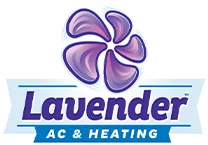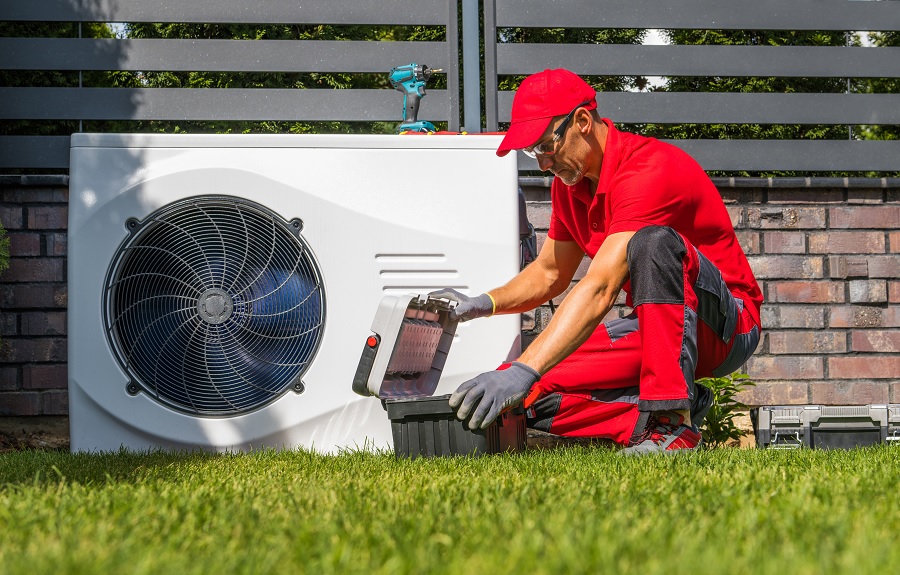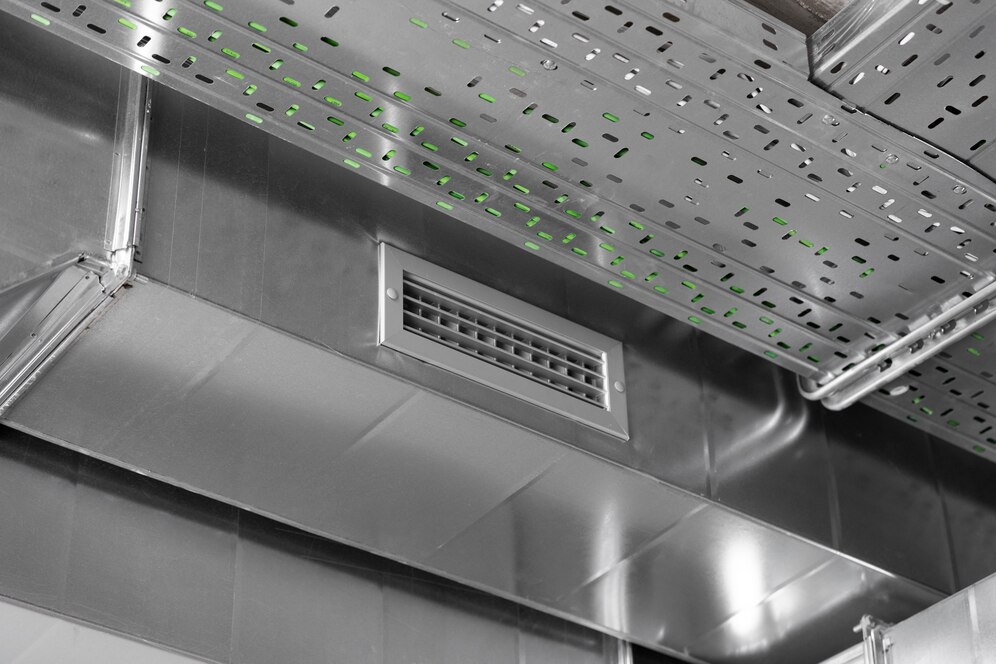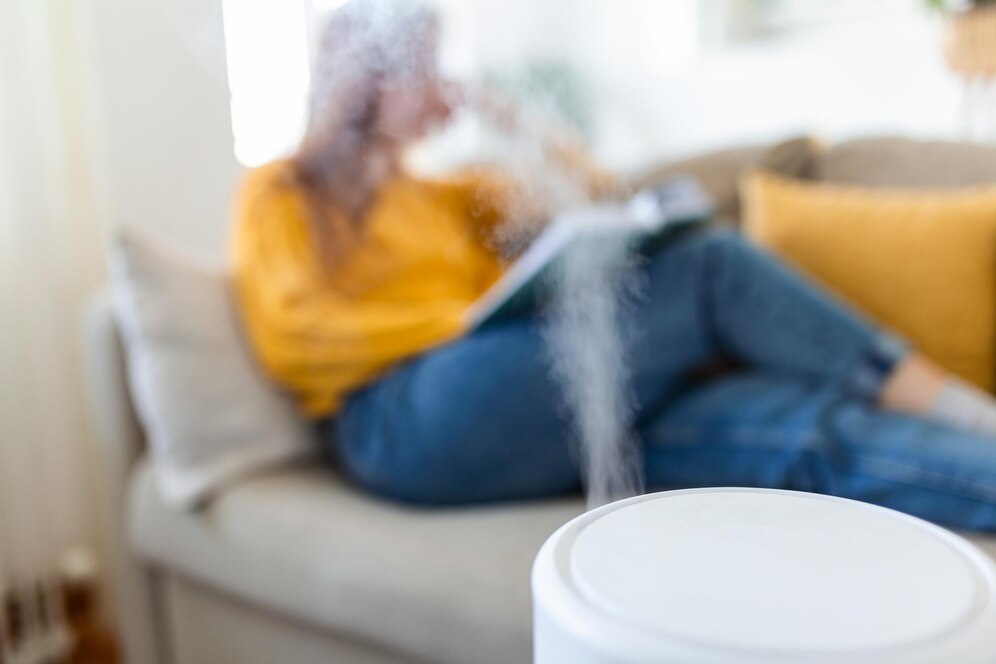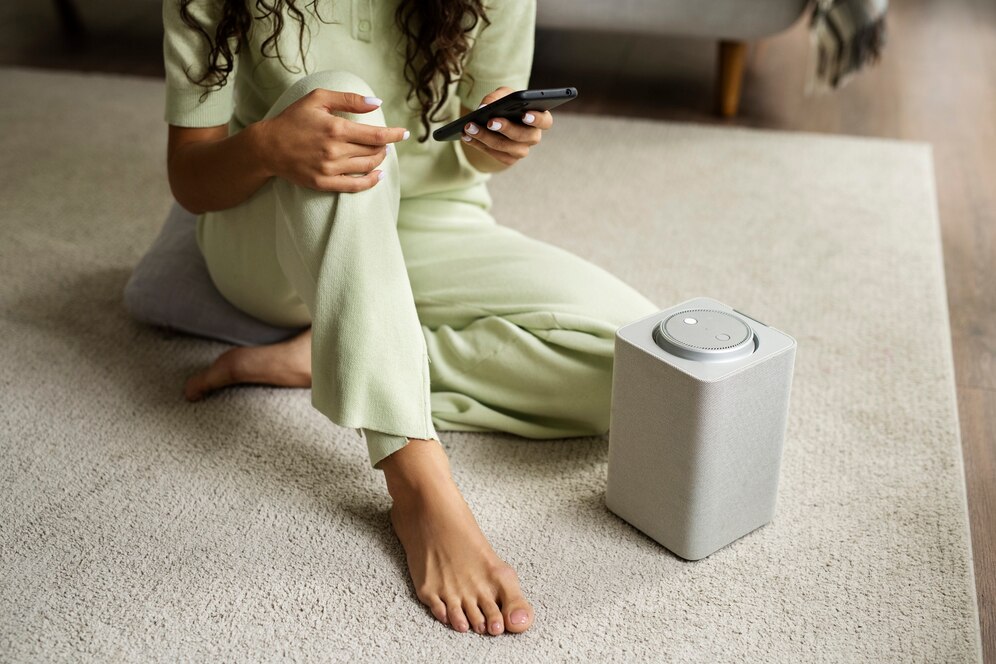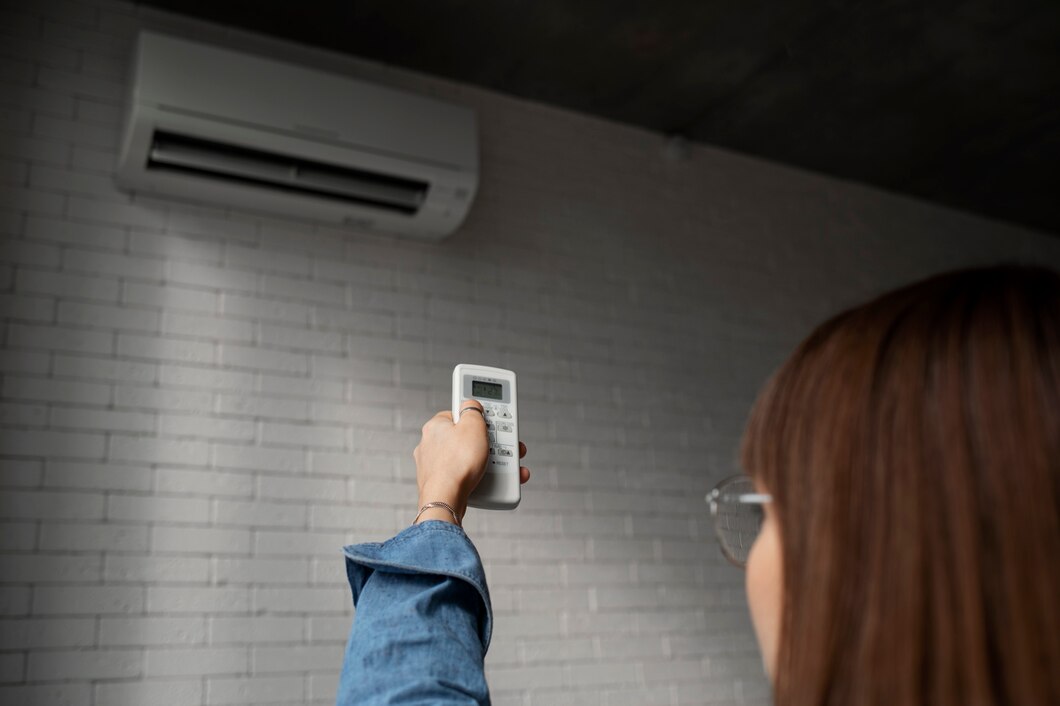Opting for a heat pump system for your home heating and cooling needs is a smart investment, given its energy efficiency, lower operating costs, and eco-friendliness. However, like any other mechanical system, heat pumps have an expected lifespan, and as a homeowner, it’s essential to be aware of this fact. Understanding the typical lifespan of your heat pump system can help you plan and anticipate when it may be time to replace it, ensuring you continue to reap the benefits of energy efficiency and comfort in your home.
The lifespan of a heat pump depends on various factors, such as usage, maintenance frequency, and the quality of the original installation. On average, a well-maintained heat pump system can last between 10 to 15 years. However, as the system approaches the end of its life, its efficiency, performance, and reliability may gradually decline. Therefore, staying vigilant for signals that indicate it’s time to replace your heat pump can save you from unexpected breakdowns, costly repairs, and the inconvenience of an uncomfortable home.
In this post, Lavender AC & Heating explores the factors that influence the lifespan of your heat pump system and the key signs that may indicate it’s time to consider a replacement. By understanding these aspects, you can make informed decisions about your heat pump, ensuring uninterrupted comfort and energy efficiency in your living space.
Factors Influencing Your Heat Pump’s Lifespan
- Proper Installation: The quality of the initial installation plays a vital role in determining the overall lifespan of your heat pump system. A professional and accurate installation sets the foundation for the system’s efficiency and performance throughout its life. Opting for a skilled technician with a background in heat pump installations is essential in getting the best start for your system.
- Regular Maintenance: Adhering to a consistent maintenance schedule is crucial in prolonging the life of your heat pump. A well-maintained system operates more efficiently, encounters fewer breakdowns, and has an extended lifespan. Regular maintenance involves cleaning or replacing air filters, checking refrigerant levels, inspecting electrical connections, and examining other system components.
- Usage Patterns: The demands placed on your heat pump system directly impact its longevity. Consistent and extreme usage in regions with harsh climates can result in a shorter system lifespan. However, a heat pump operated within its specifications and in a moderate climate can typically last longer.
- Quality of Equipment: Investing in a high-quality and reputable heat pump brand is crucial for long-lasting performance and reliability. Top-tier brands often have more stringent manufacturing standards, ensuring greater efficiency, durability, and resistance to wear and tear.
Signs That Your Heat Pump May Need Replacement
- Increasing Energy Bills: As your heat pump system ages, its efficiency may decline, resulting in higher energy consumption. If you notice a consistent rise in your energy bills without any changes in your usage patterns, it may indicate that your heat pump is nearing the end of its life and requires a replacement.
- Frequent Repairs: Regular maintenance can help prevent problems, but an aging heat pump system may demand more frequent repairs. When repair costs begin to accumulate, it may be more cost-effective and practical to replace the system with a newer, more efficient model.
- Uneven Heating and Cooling: If you start experiencing inconsistent temperatures in your home, it could signal that your heat pump is struggling to meet the required heating and cooling needs. An aging and inefficient heat pump may not distribute heat evenly or maintain the desired temperature, negatively impacting the comfort of your living space.
- Excessive Noise and Vibration: As heat pump systems age, they may produce increased noise during operation due to worn-out components. If you notice your system making unusual noises or vibrations, it could point toward the need for a replacement.
- System Age: As mentioned earlier, the typical lifespan of a well-maintained heat pump is around 10 to 15 years. When your system reaches this age, its performance, efficiency, and reliability become more uncertain. In such cases, considering a replacement is a wise decision to avoid unexpected breakdowns and maintain energy efficiency.
How To Choose The Right Replacement Heat Pump System
When it’s time to replace your heat pump, working with a professional technician is essential for selecting the right system for your home. A skilled technician will assess your home’s size, layout, insulation, and heating and cooling needs to recommend the appropriate heat pump system. Additionally, they will ensure the new system is installed accurately, in compliance with safety codes, and according to the manufacturer’s specifications, guaranteeing optimal performance and an extended lifespan.
Conclusion
Understanding the lifespan of your heat pump system and being mindful of the factors that influence it can help you make informed decisions when it comes to replacement. Being proactive in identifying signs of an aging heat pump and seeking professional assistance when needed not only maintains your home’s comfort but also safeguards its energy efficiency.
At Lavender AC & Heating, our team of experienced technicians is well-equipped to help you navigate your heat pump system’s lifespan and replacement process. Trust us to deliver exceptional service, expert advice, and the highest quality heat pump replacements for your home. Reach out to us today to schedule a consultation and secure the comfort and efficiency of your living space for years to come.
